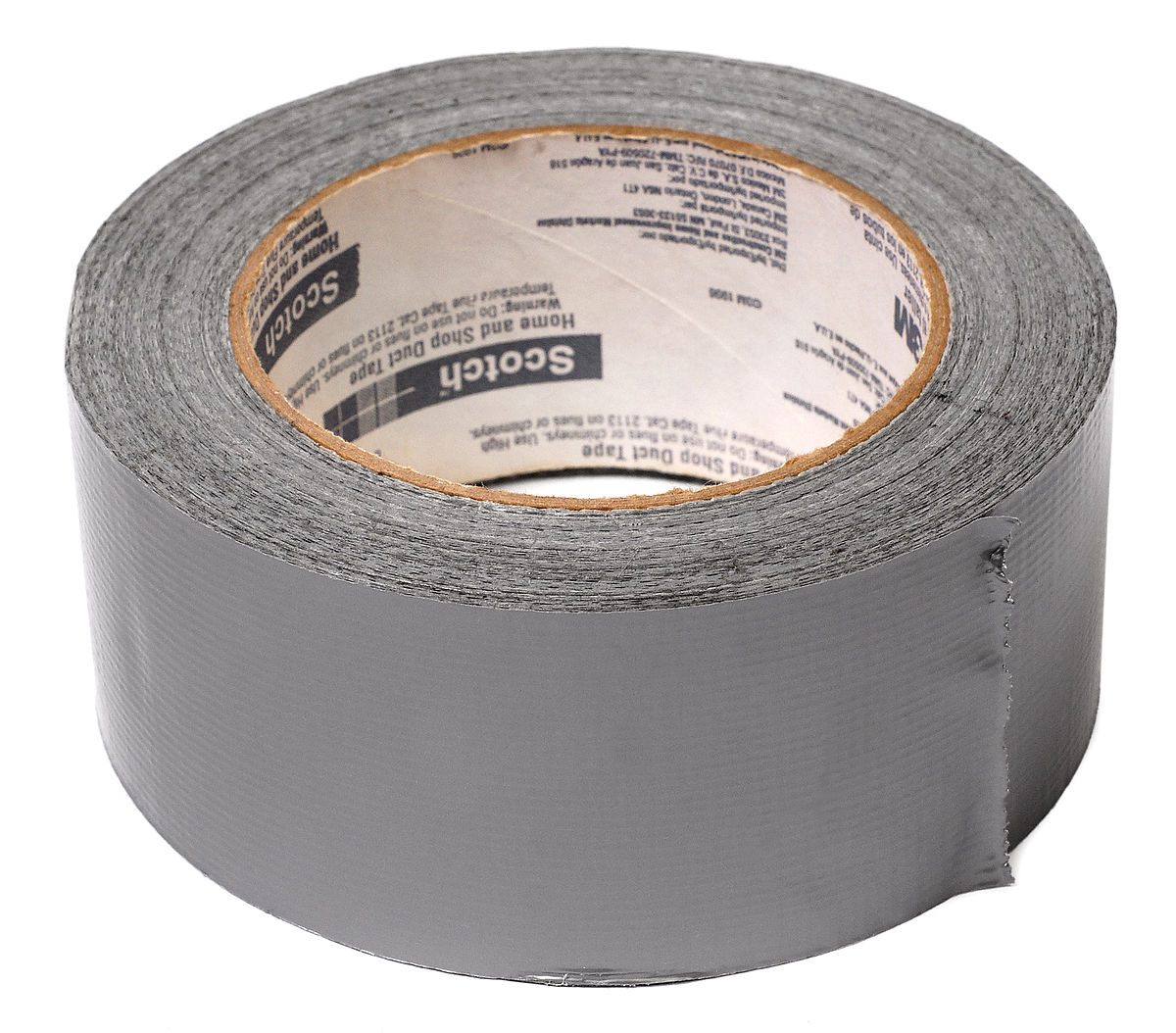Language has always intrigued me in various ways. I'm sure I could hypothesize plenty of reasons for that particular fascination, but sometimes, it just boils down to the fact that I like how words connect. You can paint landscapes in the mind's eye, you can convey emotion far beyond the actual words ("I have promises to keep / And miles to go before I sleep"), and you can find very creative ways to insult someone. Heck, even regional differences from the exact same language can make things interesting (note, this holds true for multiple languages). Like I said, I just like language.
That's why I was incredibly amused to discover this on the Merriam-Webster website:
Growing up, I was always told that "irregardless" wasn't a real word. In fact, I'm still not convinced that it's proper English, regardless of what the dictionary says. That said, I can't deny the fact that the dictionary does, in fact, have an entry for that word. Like it or not, it is a part of the English lexicon.
Sure, you can argue that there are other sort-of-not-really words in there, too ("d'oh" comes to mind), but at the end of the day, the dictionary reflects actual words that people say. Somewhere out there, there are people saying and writing "irregardless," no matter how many times other people tell them that it's not a real word (funnily enough, that Merriam-Webster entry for "irregardless" says that the most common usage of that word is for someone to say, "that's not a real word").
Still, that was only small potatoes compared to my latest find. Before I continue, you know that grey adhesive tape that often gets used to hold things together?
What do you call that stuff? Specifically, how do you spell the word?
That's why I was incredibly amused to discover this on the Merriam-Webster website:
Growing up, I was always told that "irregardless" wasn't a real word. In fact, I'm still not convinced that it's proper English, regardless of what the dictionary says. That said, I can't deny the fact that the dictionary does, in fact, have an entry for that word. Like it or not, it is a part of the English lexicon.
Sure, you can argue that there are other sort-of-not-really words in there, too ("d'oh" comes to mind), but at the end of the day, the dictionary reflects actual words that people say. Somewhere out there, there are people saying and writing "irregardless," no matter how many times other people tell them that it's not a real word (funnily enough, that Merriam-Webster entry for "irregardless" says that the most common usage of that word is for someone to say, "that's not a real word").
Still, that was only small potatoes compared to my latest find. Before I continue, you know that grey adhesive tape that often gets used to hold things together?
 |
| This stuff |
I ask in part because that's one of those things that I always thought was easy to get wrong. I was taught that it was called "duct tape," since it was commonly used to hold together ducts. However, the Wikipedia article that I just linked to acknowledges that it is sometimes called "duck tape" instead (by heathens, clearly). I suspect that may be for a similar reason to "irregardless," but that's just a guess.
So, given that there is occasionally a question of what that kind of tape is called, I was highly, highly amused to find this floating around the house:
That is either incredibly clever marketing or just flat out wrong. I can't decide which, but I laughed my head off when I saw that stuff.
So, given that there is occasionally a question of what that kind of tape is called, I was highly, highly amused to find this floating around the house:
 |
| Note the description says "BRAND DUCT TAPE" |

Comments
Post a Comment